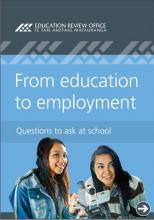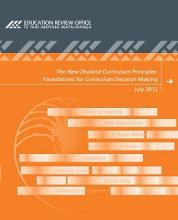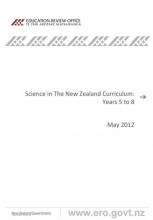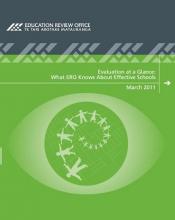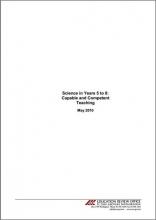Stories of Resilience and Innovation in Schools and Early Childhood Services Canterbury Earthquakes 2010-2012
This national report gives an insight into what Canterbury schools and early childhood services experienced during and after the earthquakes. It tells their stories and gives good advice about emergency planning for others in the education sector.

